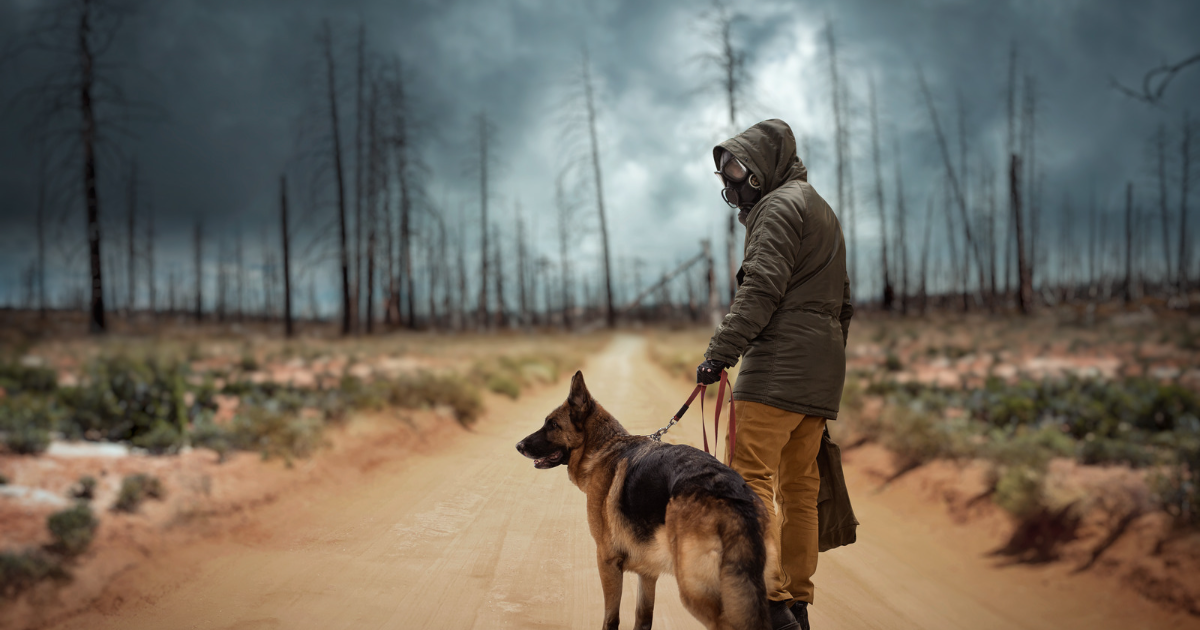Understanding the Catastrophic Impact of Nuclear War and the Imperative of Global Cooperation. The Devastating Effects of Nuclear War and Urgent Steps to Prevent It.
Nuclear weapons are unparalleled in their destructive potential, capable of causing immense loss of life and catastrophic devastation. The global implications of a nuclear war are unthinkable, with far-reaching effects felt across continents. In this article, we explore the profound consequences of nuclear war, the current state of nuclear weapons arsenals, and the urgent need to mitigate this existential threat.
The Effects of Nuclear War:
The consequences of nuclear war would reverberate worldwide, inflicting unparalleled devastation. The initial detonation would cause immediate casualties on an unprecedented scale, with millions of lives lost instantaneously. Moreover, the lingering radiation from the blasts would lead to long-term health issues, including cancer and birth defects, affecting survivors and future generations. The resultant smoke and dust would obscure sunlight, triggering a nuclear winter characterized by crop failures and widespread famine.
Environmental Devastation:
Nuclear war would unleash profound environmental devastation, exacerbating the global climate crisis. The detonations would release substantial amounts of greenhouse gases, accelerating global warming and intensifying extreme weather events. Floods, droughts, and hurricanes would become more frequent and severe, further exacerbating human suffering and destabilizing ecosystems.
Current State of Nuclear Weapons:
At present, nine countries possess nuclear weapons: the United States, Russia, the United Kingdom, France, China, India, Pakistan, Israel, and North Korea. The collective global arsenal stands at a staggering 13,000 nuclear warheads. The United States and Russia possess the largest stockpiles, with approximately 5,500 and 6,255 warheads respectively. The historical context reveals that the United States conducted the most nuclear tests, totaling 1,054, followed by the Soviet Union with an estimated 715 tests.
The Gravity of the Threat:
The risk of nuclear war looms constantly, demanding our unwavering attention to prevent catastrophe. Recent events, such as the conflict in Ukraine, have heightened concerns regarding the potential use of nuclear weapons. Russia's significant nuclear arsenal and President Vladimir Putin's repeated threats of deployment add to the urgency. The United States and its allies have issued warnings against nuclear weapon utilization, vowing a robust response should such actions occur.
Addressing the Threat:
Mitigating the risk of nuclear war requires concerted global efforts and strategic measures. Here are several key steps that must be taken:
- Promote nuclear disarmament: Advancing the elimination of nuclear weapons should be a paramount objective. Diplomatic negotiations and international agreements can pave the way towards complete disarmament, reducing the likelihood of nuclear conflict.
- Strengthen nuclear non-proliferation: Preventing the proliferation of nuclear weapons to additional countries is crucial. Strict monitoring mechanisms and international cooperation can help impede the spread of these dangerous weapons, preserving global security.
- Improve nuclear security: Robust measures must be implemented to safeguard nuclear weapons from falling into the wrong hands. Enhancing security protocols, preventing illicit trafficking, and bolstering international collaboration are essential components in averting potential disasters.
- Reduce tensions through diplomacy: Diplomatic engagement and dialogue between nuclear-armed nations are imperative for deescalation. Open lines of communication, confidence-building measures, and negotiation frameworks can contribute to defusing potential conflicts and promoting peaceful resolutions.
Conclusion:
The specter of nuclear war poses an existential threat to humanity and demands immediate action. The devastating consequences of such a conflict would result in unthinkable loss of life, long-term health issues, and severe environmental degradation. To mitigate this peril, nations must commit to nuclear disarmament, bolster non-proliferation efforts, enhance nuclear security, and prioritize diplomacy to reduce tensions. By working collectively, we can strive towards a world free from the looming shadow of nuclear destruction, ensuring a safer and more secure future for all.
